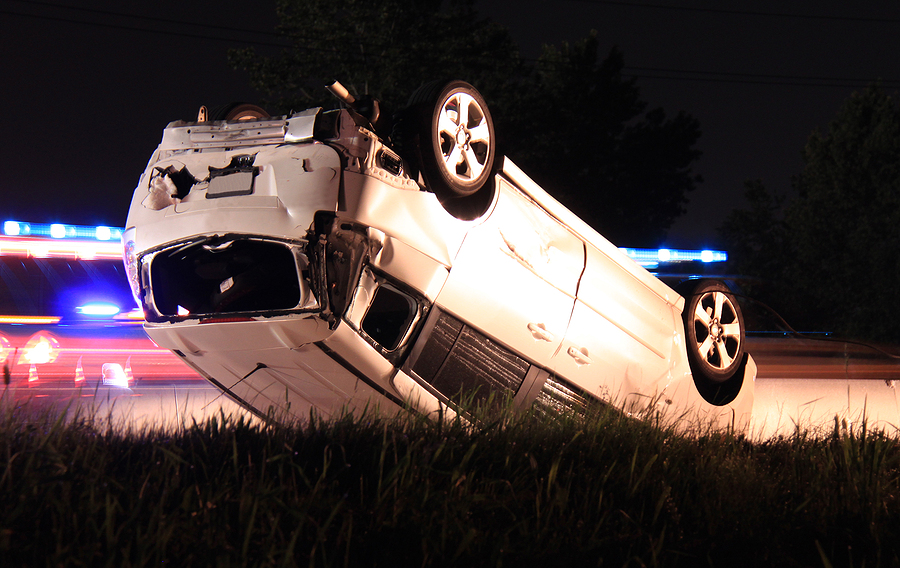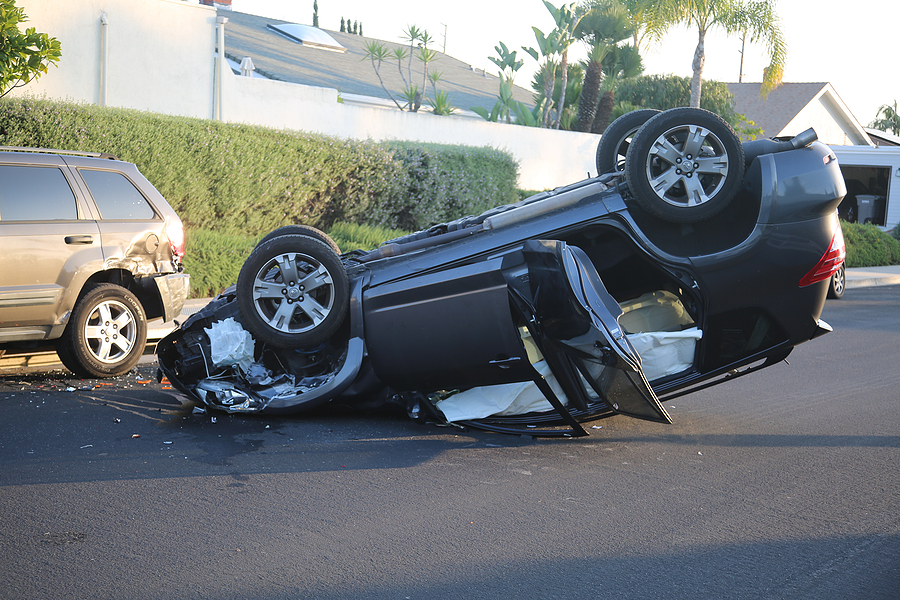Indiana’s thoroughfares and highways see thousands of auto accidents every year, leaving victims grappling with physical, emotional, and financial distress. Understanding the legal landscape and knowing your rights is crucial in seeking appropriate compensation for the aftermath of a motor vehicle collision.
In this comprehensive guide, we’ll walk through the critical legal steps Indiana residents should take in the event of a car or truck accident, demystify the personal injury claim process for compensation, and shed light on the vital role of legal representation to ensure you receive the justice you deserve.

Brief Overview of Indiana Auto Accident Laws
Before the frantic moments of motor vehicle accident, most drivers have little time to consider Indiana’s laws regarding auto accidents. Familiarizing yourself with these laws after the fact is essential as they often dictate the compensation and liability claims process. Indiana follows a ‘fault’ system for car wrecks, meaning the person to blame (or at fault) for the accident is the one responsible for resulting damages. The at-fault person’s insurance carrier is the entity that pays for damages caused by their at-fault insured.
Comparative Fault Law
Indiana employs a modified comparative fault law, which can affect your claim if you were also partially at fault for the incident. According to USLEGAL.com, Comparative Fault Analysis is defined as, “…a doctrine of tort law which permits plaintiff and defendant to compare their liability for the accident. It allows proportionate recovery if both the plaintiff and defendant were negligent and thereby contributed to the cause of an injury.”
Under this law, your recovery may be reduced by a percentage equivalent to your degree of fault. However, if you are found to be more than 50% at fault, you may not be entitled to any compensation.
Claim Filing Deadlines
In Indiana, the statute of limitations for filing a personal injury lawsuit is generally two years, starting from the date of the accident. This deadline is critical to claim compensation through the legal system, so acting swiftly is paramount. If the at-fault party is a governmental employee you have as little as 6 months to file a tort claim notice or you cannot pursue your case.
Steps to Take After a Car Accident
The moments and days following a car accident can be chaotic, but understanding the proper course of action can significantly impact the trajectory of your compensation claim.
Immediate Actions – Immediately after a motor vehicle collision, prioritize safety by moving to a safe location and seeking medical help if needed. Then, call the police to the accident scene, which is required by law if there are any injuries or considerable property damage.
Documenting the Scene – Collect as much information as possible, including the other driver’s contact and insurance details, eyewitness accounts and their contact data, and photographs or video of the accident scene. This documentation will serve as crucial evidence when filing for compensation.
Legal Process for Claiming Compensation
Navigating the legal intricacies of filing a compensation claim can be overwhelming for an accident victim. Understanding the process and having the right legal team by your side is instrumental.
Filing an Accident Claim with Insurance Companies
While Indiana motorists are required to carry insurance, dealing with insurance companies can be challenging. You’ll need to file a claim with the at-fault party’s insurance, or your own if the other driver is uninsured or underinsured.
Seeking Legal Representation for Personal Injury Claims
For all claims it is advisable to seek legal representation. A skilled car accident attorney can guide you through the legal process, negotiate with insurers, and advocate for the maximum compensation you deserve.
Understanding the Statute of Limitations in Indiana
Indiana’s statute of limitations for filing a personal injury claim is two years, so it’s important to initiate the legal process within this time frame to preserve your right to compensation. As stated above, if the at-fault party is a governmental employee you have as little as 6 months to file a tort claim notice or you cannot pursue your case. It is best to hire an attorney as soon as possible after an automobile collision so vital evidence can be obtained and kept before it disappears.
Factors Affecting Auto Accident Compensation
The compensation you can potentially receive after an auto accident is influenced by various factors, ranging from the severity of injuries to the clarity and strength of the evidence presented.
Types of Damages Available
In Indiana, victims of auto accidents can typically claim three types of damages:
Economic Damages: These include present and future medical bills, property damage, and lost wages due to injury.
Non-Economic Damages: These are more subjective and cover pain and suffering, emotional distress, and loss of enjoyment of life.
Punitive Damages: These are granted in cases of egregious misconduct and are aimed at punishing the at-fault party and as a deterrent to others who might engage in the same egregious conduct.
Assessment of Damages
To seek compensation, an assessment of your damages, particularly medical expenses, is necessary. A qualified attorney can help assemble evidence to support your claim, including medical records and expert testimony if required.
Seeking Legal Assistance for Your Injury Claim
Given the complexities of the legal system and insurance claims, consulting with a reputable personal injury attorney is a prudent step for any automotive accident victim. Your auto accident attorney’s role is multi-faceted — from ensuring you meet filing deadlines to advocating for your rights in court. An experienced car accident lawyer can provide invaluable insights into your case, evaluate your claim’s strength, and outline the potential compensation. They can also handle the legal legwork, including evidence gathering, negotiation and litigation, on your behalf. Their representation can significantly enhance your chances of receiving fair and just compensation for your injuries and losses.
CONCLUSION
For Indiana car accident victims, claiming compensation involves navigating a complex web of legal and insurance-related challenges. By understanding the state’s auto accident laws, taking the right actions after the incident, and enlisting the support of a knowledgeable personal injury attorney, you can protect your rights and pursue the compensation you deserve.
Don’t shoulder the burden alone; seek the guidance of experienced civil litigators who specialize in auto accident injury claims and put their expertise to work in your favor. Whether you’re dealing with minor fender-benders or catastrophic collisions, the road to recovery starts with informed and strategic legal action.
Are you an Indiana resident who is a recent victim of a wrongful car or truck accident? Was your loved one killed by a negligent driver? Contact Craven, Hoover, and Blazek P.C. at 317-881-2700 to schedule a no-fee initial consultation with an experienced auto accident injury lawyer in Indianapolis, Indiana. If you are unable to travel, we can hold meetings over the phone or via video conference. We can also make trips to your place of in-patient medical care or your home if needed.
Related Posts:
Indiana’s Minimum Liability Limits for Auto Accidents
Should I Settle My Auto Accident Claim Out of Court?
Auto Insurance Terms You Need to Know as a Car Accident Victim

